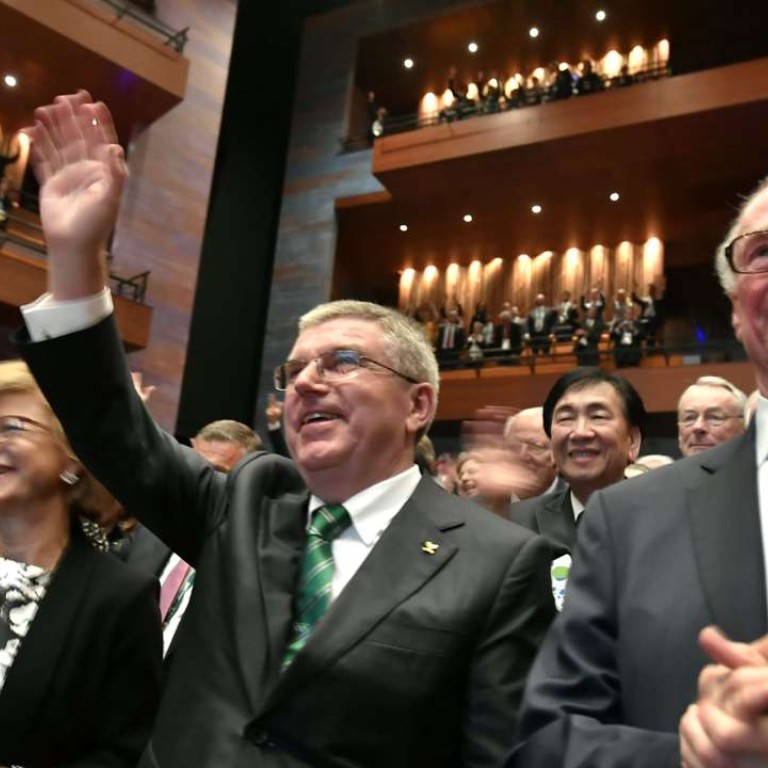
New | IOC-Wada feud worsens on eve of Rio Olympics over Russian doping scandal
Finger pointing erupts as IOC blames WADA for failing to report scandal sooner
The World Anti-Doping Agency (Wada) was told it needed to restore its reputation as the war of words over the timing of its response to the Russian doping scandal escalated on Tuesday.
Wada was sharply criticised by members of the International Olympic Committee (IOC) for not acting on information from whistleblowers of widespread doping in Russia until it became public through the media last year.
As a result, a Wada-commissioned report on the extent of the abuse was published in July, leaving the IOC to make a decision on whether Russian athletes could participate in the Rio Games just weeks before they were due to open.
The scandal has led to dozens of Russian athletes being banned from the Olympics, which begin on Friday, including essentially the entire track-and-field team.
But the IOC has come under fire for not imposing a blanket ban on Russian athletes, despite the report revealing systematic state-backed doping in the country.

Wada chief Craig Reedie, who is also an IOC vice-president, defended his organisation’s actions, saying it acted once concrete facts were made available but added that things needed to improve.
“I like to believe all of the system is not broken,” Reedie said. “Part of the system is broken. We should start trying to identify those parts that need attention.”
“Findings (of the report) and impact created challenging timelines. It is almost impossible to think of the difficulty we have faced in dealing with the very, very serious issues.”
Earlier on Tuesday, he had faced the anger of several IOC members with Alex Gilady, of Israel, telling the session: “Already in 2010 the whistleblower came to Wada. They said they didn’t know what to do with this.
“One has to scratch his head if Wada says they did not know what to do with whistleblowers who came to them with clear information and just left it. So whistleblowers had to go somewhere.”
Gilady was referring to middle-distance runner Yulia Stepanova, who had written to Wada, repeatedly offering evidence of state-backed doping in Russia, but ended up providing the information to German broadcaster ARD which produced several documentaries revealing the scandal.
“It is not the reputation of the IOC that needs to be restored but the reputation of Wada,” Gilady said.
Several national anti-doping agencies and athletes groups had accused the IOC of failing to show leadership at a crucial time.
In another veiled criticism of Wada, IOC president Thomas Bach said: “Given our remit, it is not the IOC that is responsible for the accreditation and supervision of anti-doping laboratories.
“It is not the IOC which can be held responsible for alleged corruption between the leadership of an international federation and a national member federation to cover up doping.
Calls for an all-out ban on Russian competitors were overruled by the IOC, which instead set a number of criteria, including a spotless doping record and sufficient international doping test, for Russians to be cleared to compete in Rio.

Argentine member Gerardo Werthein said it was Wada that had failed, saying the organisation was more interested in self-promotion.
“I believe that this delay by Wada and the failure to investigate serious and credible allegations more swiftly has left the sports movement... in a very difficult position facing incredibly difficult decisions in an impossible timeframe.
“At times Wada has seemed to be more interested in publicity and self-promotion rather than doing its job as a regulator, acting with transparency, and looking after the best interest of clean athletes.”

